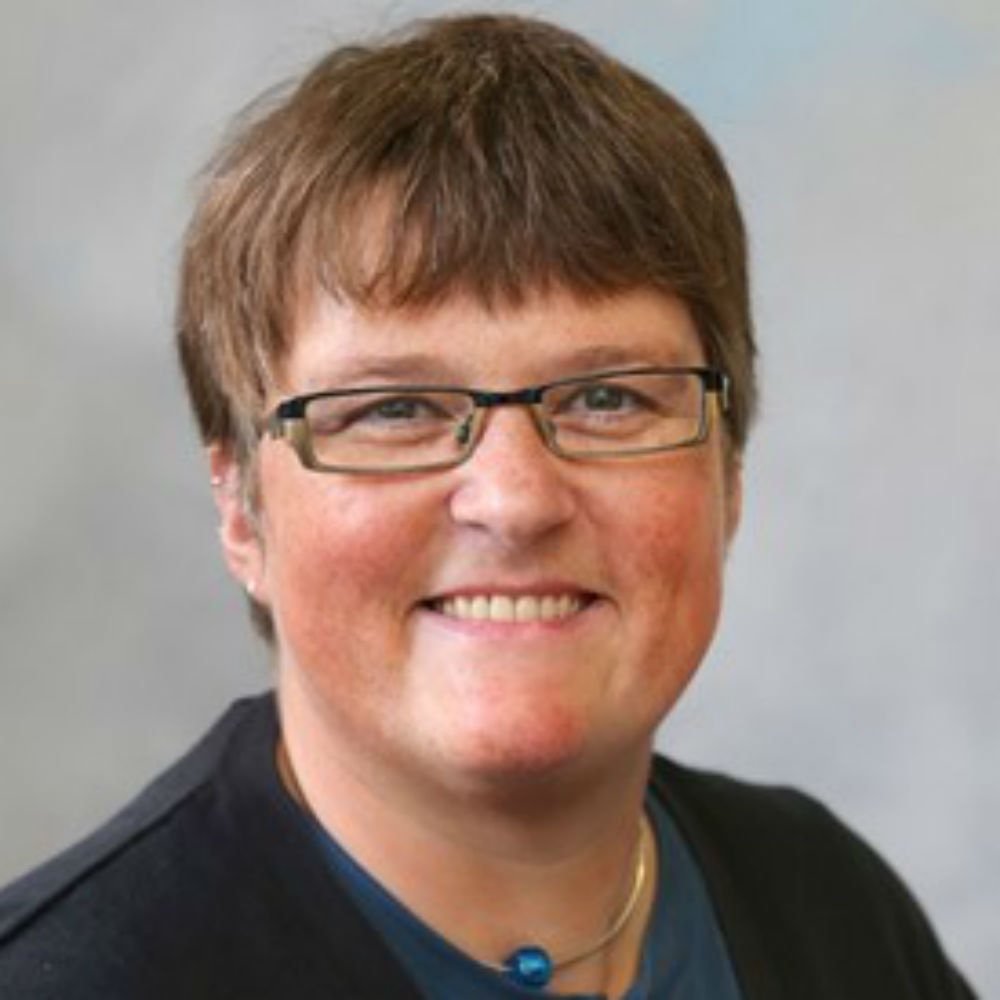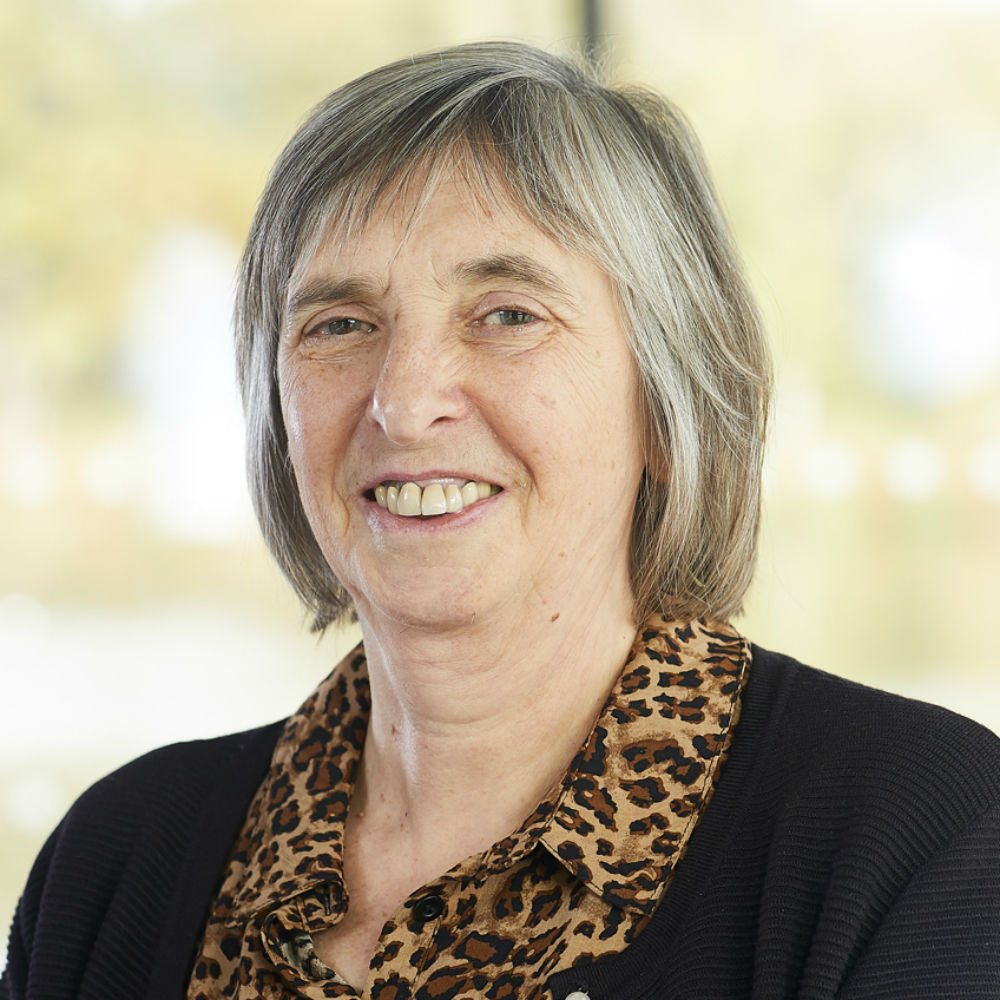The Plant Productivity Group, in the School of Life Sciences at the University of Essex, has formed a partnership with NIAB (UK), Howest (Belgium), Inagro (Belgium) and Proeftuin Zwaagdijk (The Netherlands) to deliver an Interreg 2Seas project funded by the European Regional Development Fund.
The overall research focus of the project is to develop a novel hydroponic cultivation system for growers to produce high-quality crops with reduced environmental impacts, by improving the efficiency of crop cultivation while controlling for pests and diseases that influence yield and revenue.
More than 90% of greenhouse cultivation of fruit and vegetables has shifted to hydroponics; however, no systems are currently available for densely grown baby leaf salads.
Densely sown crops are important for the local economy in the programme area of the UK, Netherlands and Belgium, and increasing demand steers production. Development of a novel hydroponic system for densely sown crops in greenhouses, will enable producers throughout the program area to address the challenges they currently face regarding efficient management of crop cultivation and capacity to deal with diseases that reduce yield/quality and revenue, and improve the economic feasibility for growers to use a hydroponic system.
The overall objective of the project is to develop a soil-free cultivation system to grow densely sown crops (including lamb’s lettuce, spinach and rocket) by first developing, then upgrading early stage prototypes to efficient hydroponic growing systems.
The system will provide for an environmentally and economically viable cultivation, sustainable for producers and more aesthetically and hygienically acceptable to consumers. Technology transfer from the output of the project will allow for uptake of densely hydroponics for baby leaf salads at the manufacturer and grower level.





